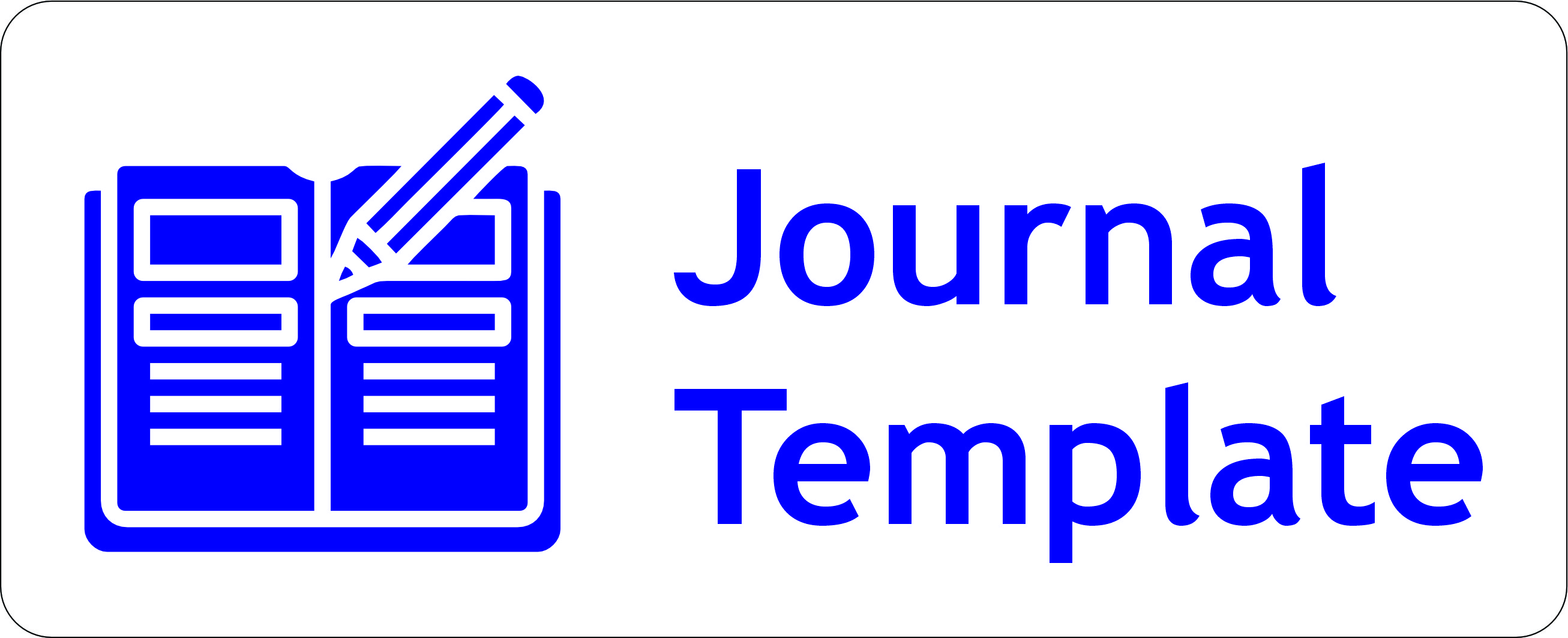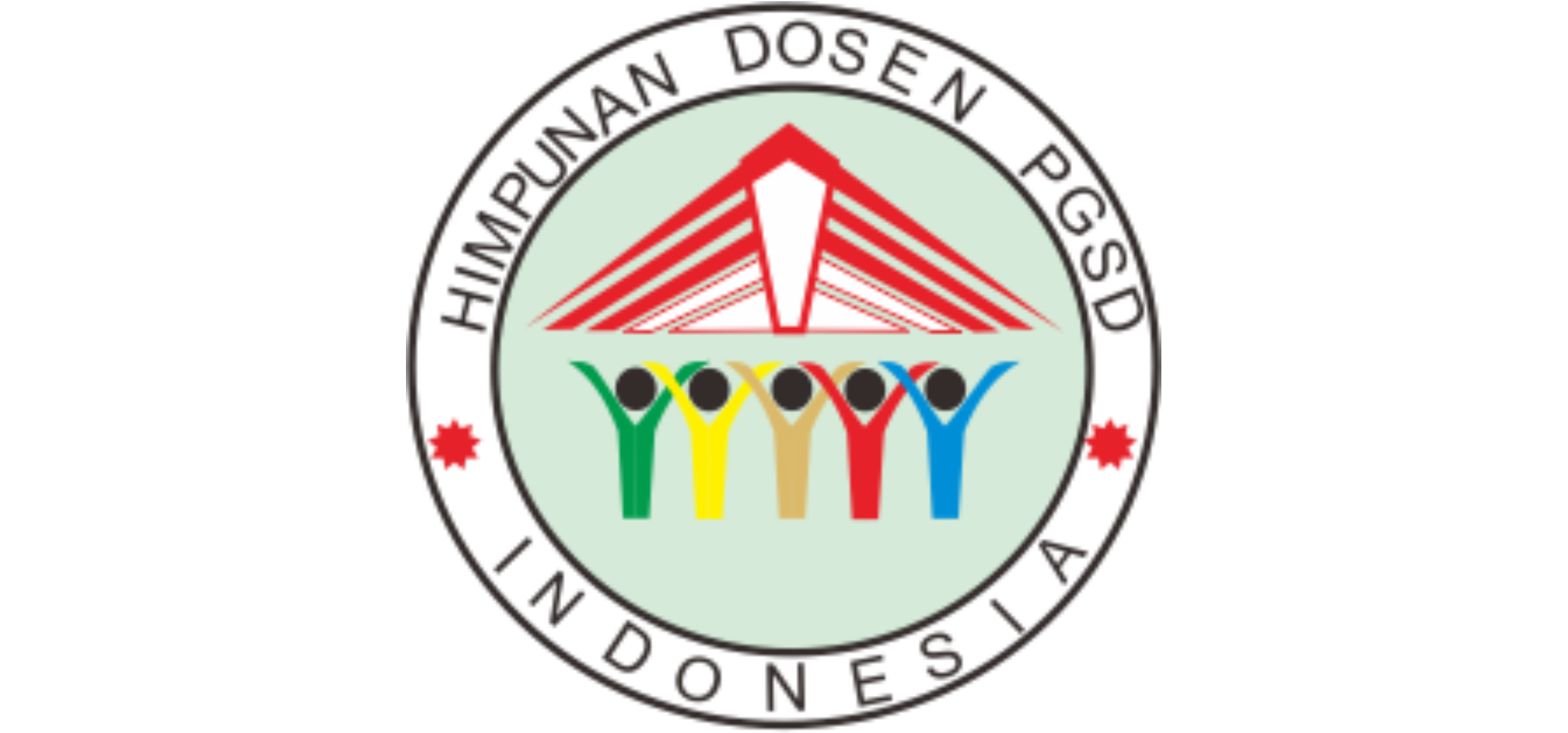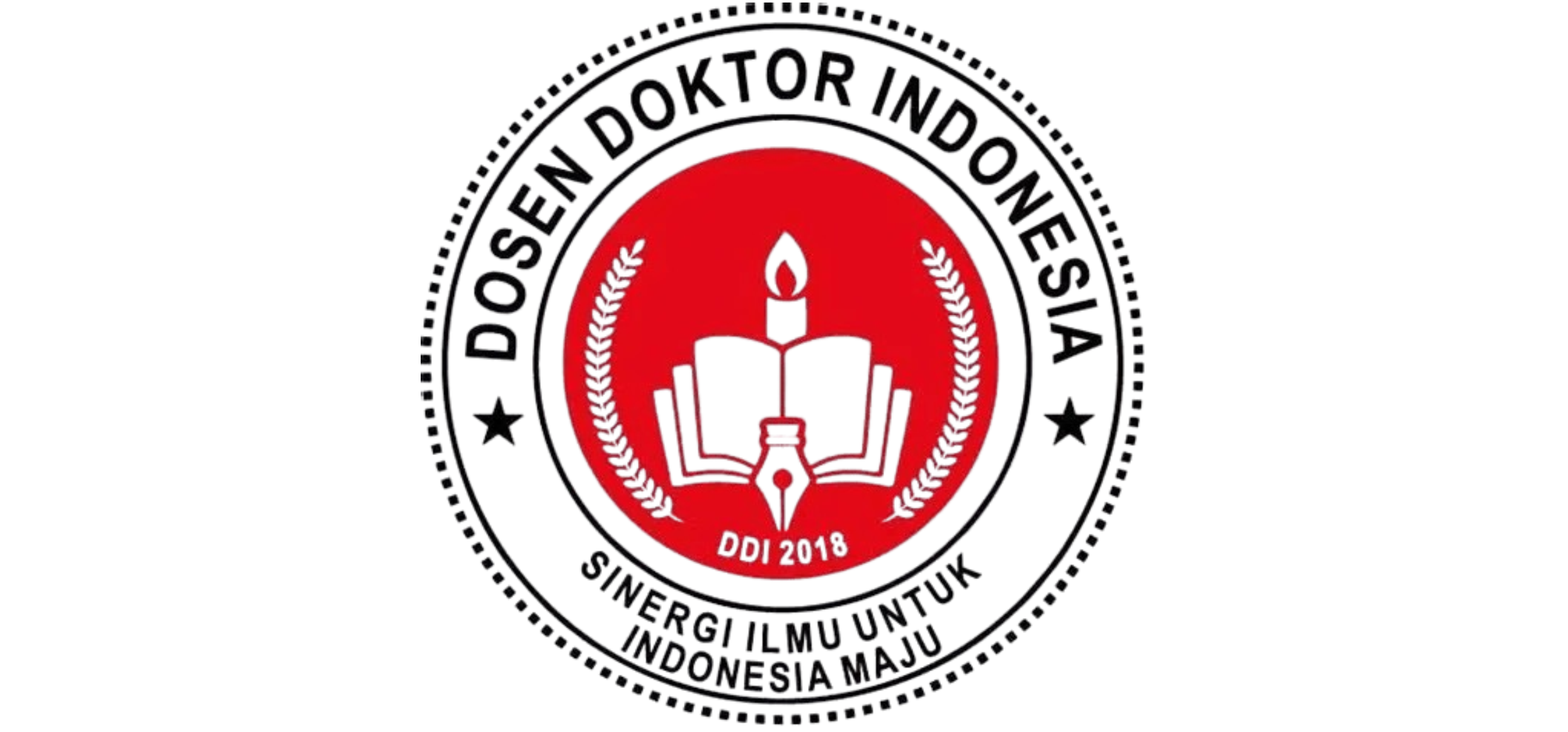Examining the Role of Self-Regulated Learning and Self-Efficacy in Reducing English Language Anxiety
DOI:
https://doi.org/10.70152/jees.v1i2.124Keywords:
English Language Anxiety, Language Learning, Self-Regulated LearningArticle Metrics
Abstract
This study examines the interaction between self-efficacy, self-regulated learning, and English language anxiety among secondary school and university students in Cirebon, West Java. The urgency of this research lies in the high levels of English language anxiety, which negatively affect students’ learning performance. Using path analysis on data from 289 participants, the results show that self-regulated learning significantly mediates the relationship between self-efficacy and English language anxiety (indirect effect = 0.281, p < 0.05). The model accounts for 31.5% of the variance in English language anxiety (R² = 0.315). These findings highlight the crucial role of self-regulation and metacognitive strategies in reducing anxiety and enhancing learning effectiveness. This research supports the need for intervention programs that strengthen self-efficacy and self-regulated learning, particularly within the local educational and cultural context of Cirebon. Further studies are recommended to explore other contextual factors more deeply.
Downloads
References
Bandura, A., Barbaranelli, C., Caprara, G. V., & Pastorelli, C. (2001). Self-efficacy beliefs as shapers of children’s aspirations and career trajectories. Child Development, 72(1), 187–206. https://doi.org/10.1111/1467-8624.00273
Cheng, Y. S. (2004). A measure of second language writing anxiety: Scale development and preliminary validation. Journal of Second Language Writing, 13(4), 313–335.
Darmayanti, K. K. H., Anggraini, E., Winata, E. Y., & Mardianto, M. F. F. (2021). Confirmatory Factor Analysis of the Academic Self-Efficacy Scale: An Indonesian Version. Jurnal Pengukuran Psikologi dan Pendidikan Indonesia, 10(2), 118–132. https://doi.org/10.15408/jp3i.v10i2.19777
Farjami, H., Amerian, M., & Tefl, M. A. I. (2012). Relationship between EFL Learners’ Perceived Social Self-Efficacy and their Foreign Language Classroom Anxiety. Journal of English Language Teaching and Learning, 10(10).
Garcia, T., & Pintrich, P. R. (1991). Student Motivation and Self-Regulated Learning. Annual Meeting of the American Educational Research Association, 1–21. http://files.eric.ed.gov/fulltext/ED333006.pdf
Gerbino, M. (2020). Self‐efficacy. The Wiley Encyclopedia of Personality and Individual Differences, 1994, 387–391. https://doi.org/10.1002/9781118970843.ch243
Hayes, A. F. (2018). Partial, conditional, and moderated moderated mediation: Quantification, inference, and interpretation. Communication Monographs, 85(1), 4–40. https://doi.org/10.1080/03637751.2017.1352100
Horwitz, Elaine K., Michael B. Horwitz, and J. C. (n.d.). Kecemasan di Kelas Bahasa Asing. he Modern Language Journal, 70(2), 125–132. https://www.jstor.org/stable/327317
Horwitz, E. K., Horwitz, M. B., Cope, J., Horwitz, E. K., Horwitz, M. B., & Cope, J. (1995). The Foreign Language Classroom. The Foreign Language Classroom, 70(2), 125–132. https://doi.org/10.4324/9780203820858
Kırbıyık, S. (2004). No 主観的健康感を中心とした在宅高齢者における 健康関連指標に関する共分散構造分析Title. In Metallurgical and Materials Transactions A (Vol. 30, Nomor 8).
Lawrence Jun Zhang. (n.d.). Pengaruh strategi regulasi motivasi terhadap kinerja menulis: model mediasi pembelajaran menulis yang diatur sendiri dalam bahasa Inggris sebagai bahasa kedua/asing. https://link.springer.com/article/10.1007/s11409-017-9171-4
MacIntyre, P., & Gregersen, T. (2012). Emotions that facilitate language learning: The positive-broadening power of the imagination. Studies in Second Language Learning and Teaching, 2(2), 193. https://doi.org/10.14746/ssllt.2012.2.2.4
Mills, N., Pajares, F., & Herron, C. (2007). Self-efficacy of college intermediate French students: Relation to achievement and motivation. Language Learning, 57(3), 417–442. https://doi.org/10.1111/j.1467-9922.2007.00421.x
Pajares, F., & Schunk, D. H. (2002). Self and Self-Belief in Psychology and Education. Improving Academic Achievement, 765, 3–21. https://doi.org/10.1016/b978-012064455-1/50004-x
Peter, M., & Tamy, G. (2012). Affect: the role of language anxiety and other emotions in language learning. Psychology for Language Learning: Insights from Research, Theory and Practice, 103–118.
Sarstedt, M., Ringle, C. M., Henseler, J., & Hair, J. F. (2014). On the Emancipation of PLS-SEM: A Commentary on Rigdon (2012). Long Range Planning, 47(3), 154–160. https://doi.org/10.1016/j.lrp.2014.02.007
Wen-Ta Tseng, Zoltán Dörnyei, N. S. (n.d.). Pendekatan Baru untuk Menilai Pembelajaran Strategis: Kasus Pengaturan Diri dalam Akuisisi Kosakata. https://academic.oup.com/applij/article-abstract/27/1/78/183861#no-access-message
Zhao, X., Lynch, J. G., & Chen, Q. (2010). Reconsidering Baron and Kenny: Myths and truths about mediation analysis. Journal of Consumer Research, 37(2), 197–206. https://doi.org/10.1086/651257
Zimmerman, B. J. (2000). Self-Efficacy: An Essential Motive to Learn. Contemporary Educational Psychology, 25(1), 82–91. https://doi.org/10.1006/ceps.1999.1016
Downloads
Published
How to Cite
Issue
Section
License
Copyright (c) 2025 Siti Maesaroh, Anggis Bernadeta, Alina Ria Citra

This work is licensed under a Creative Commons Attribution-ShareAlike 4.0 International License.
Copyright for this article is held by the journal JEES: Journal of Education and Educational Sciences and is licensed under the Creative Commons Attribution-ShareAlike 4.0 International (CC BY-SA 4.0). The article may be used, shared, and adapted for any purpose with proper attribution and distribution under the same license. Full license details: https://creativecommons.org/licenses/by-sa/4.0/












